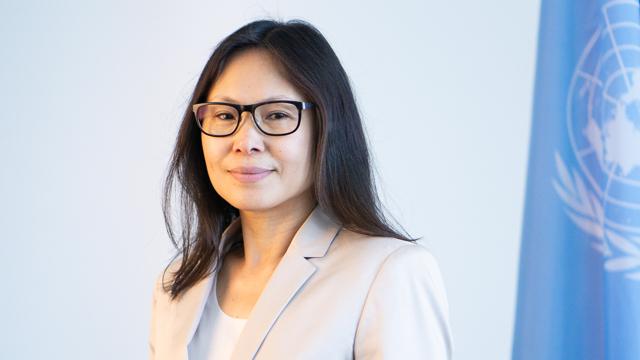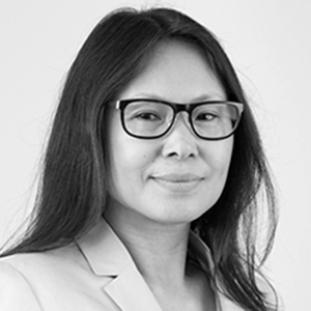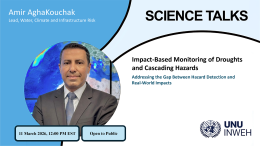On 18 October 2022, UNU will host “Interconnected Disaster Risks and Solutions: Crafting Hope for Actions”, a BIG IDEAS Dialogue with Prof. Dr Shen Xiaomeng, UNU Vice-Rector in Europe and Director of the UNU Institute for Environment and Human Security (UNU-EHS). This event will be held via Zoom webinar at 18:00 JST (UTC+9).
In the past year, the world yet again faced catastrophic disasters ranging from record-breaking heat and extreme droughts to wildfires, hurricanes, and unprecedented floods. As the impacts of climate change intensify, the challenges for disaster risk reduction will only grow. Understanding how disasters are interconnected will be vital to finding shared solutions that reduce the risk of hazards turning into full-blown disasters, or in some cases eliminate hazards altogether.
Prof. Shen will join UNU Senior Vice-Rector Sawako Shirahase to introduce the work of UNU-EHS and explore insights from the institute’s flagship report, “Interconnected Disaster Risks”. The discussion will highlight the importance of science communication in finding solutions to the climate crisis and the pivotal role of disaster risk reduction in achieving the SDGs. The final 30 minutes of the event will be open to questions from the audience.
Please note this event will be in English; Japanese interpretation will not be provided. Advance registration by 17 October is required. Registrants will receive an email on the day of the event with a link to attend via Zoom webinar.
About the speaker
Professor Dr Shen Xiaomeng is UNU Vice-Rector in Europe and Director of the UNU Institute for Environment and Human Security — appointments she has held since 2020.
From 2011 onwards, Prof. Shen worked with the then International Bureau of the German Federal Ministry of Education and Research (Bundesministerium für Bildung und Forschung; BMBF) at the Project Management Agency of the German Aerospace Center (Deutsches Zentrum für Luft– und Raumfahrt-Projektträger; DLR-PT). She joined DLR-PT as Senior Scientific Officer (2011‒2012), with a focus on multilateral science and technology development in Asia and Oceania.
From 2013, she served as Deputy Head of the Department for Cooperation with Asia and Oceania; Head of the Cooperation with East Asia and Oceania Unit; and as Coordinator of the European Commission’s EURAXESS Worldwide initiative facilitating the mobility of scientists. Before joining DLR-PT, Prof. Shen worked with UNU-EHS as a Resident Scholar and PhD Researcher (2004‒2008), and thereafter as an Associate Academic Officer (2008‒2010) with a focus on social vulnerability, environmentally induced migration issues and water-related disaster and risk research from cultural perspectives.
Prof. Shen holds a BA degree from the Beijing Foreign Studies University, an MA degree from the University of Bonn, and a PhD degree from the University of Bonn/UNU-EHS, with a focus on flood risk perception and communication in different cultural contexts. She is co-author of a recent comparative study on German and Chinese innovation systems (“EFI-Studie 9-2020: Vergleich der Innovationssysteme China und Deutschland. Studien zum deutschen Innovationssystem”) for the Commission of Experts for Research and Innovation, established by the German Federal Government.
Prof. Shen is a Chinese national and is fluent in German and English.
About the series
The BIG IDEAS: SDGs Dialogue Series introduces the people, projects, and organisations behind shared efforts to achieve the Sustainable Development Goals (SDGs). Each event features leading representatives and researchers from international organisations, UN agencies, and UNU institutes to stimulate discussion on sustainable development issues and initiatives. The events provide a unique opportunity for young researchers, graduate students, and civil society to become more familiar with SDG-related topics, ask questions, and learn how they can contribute to local and global SDG progress.







